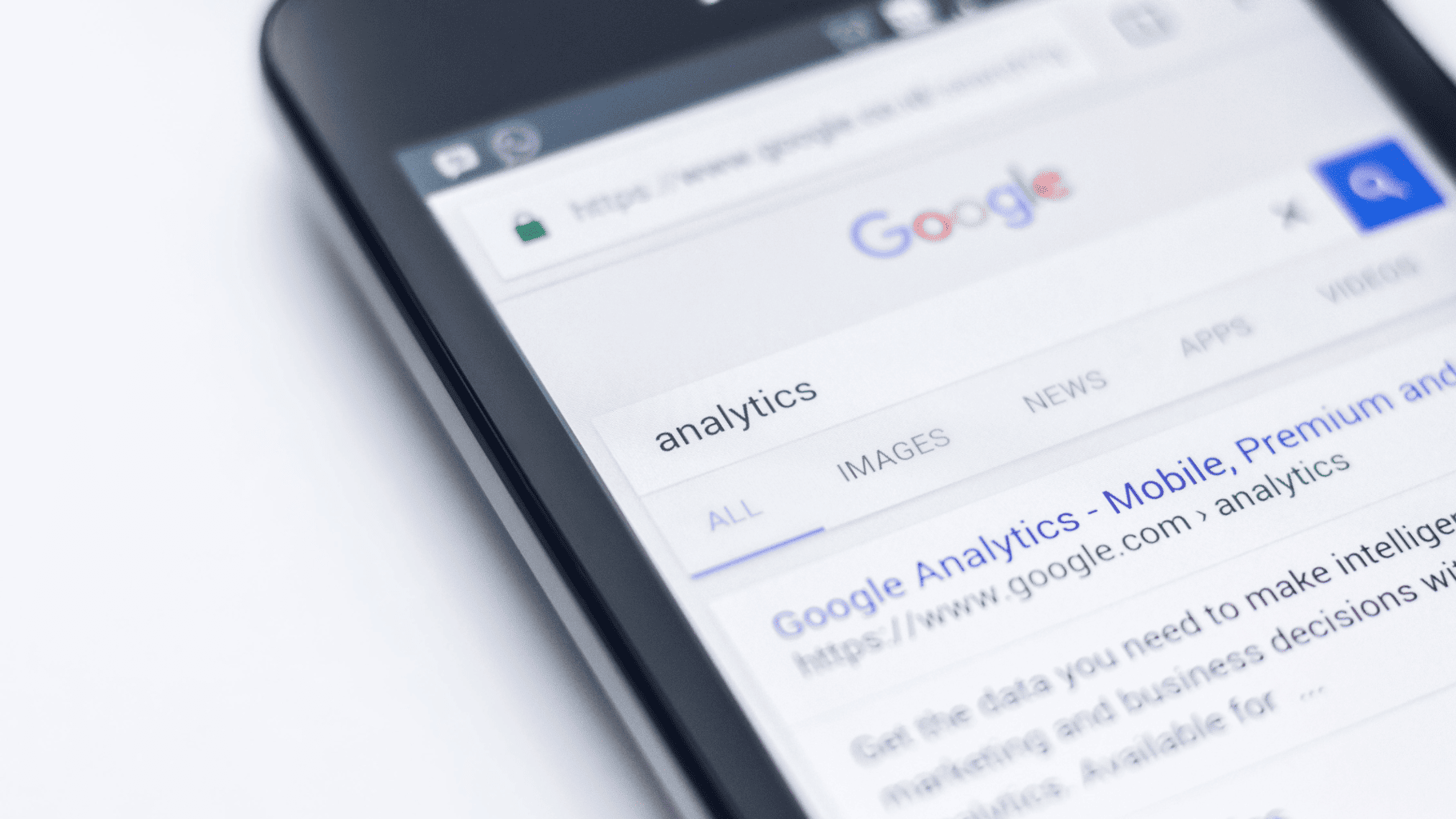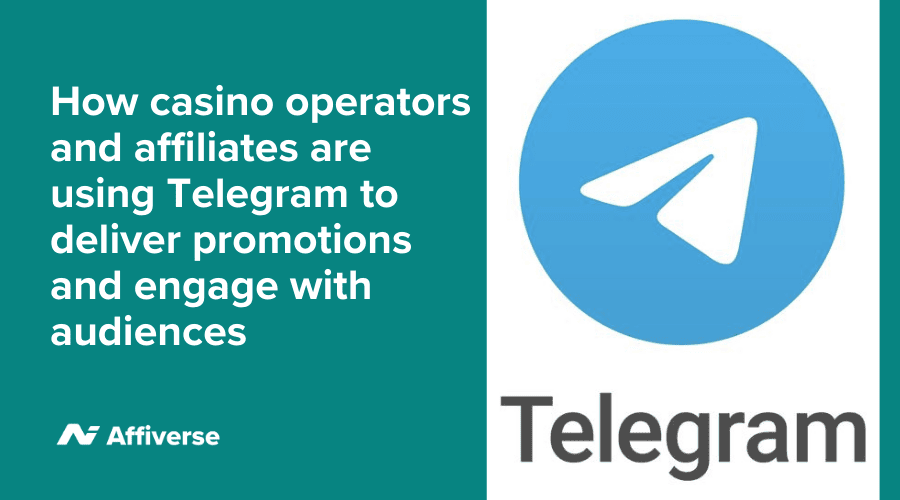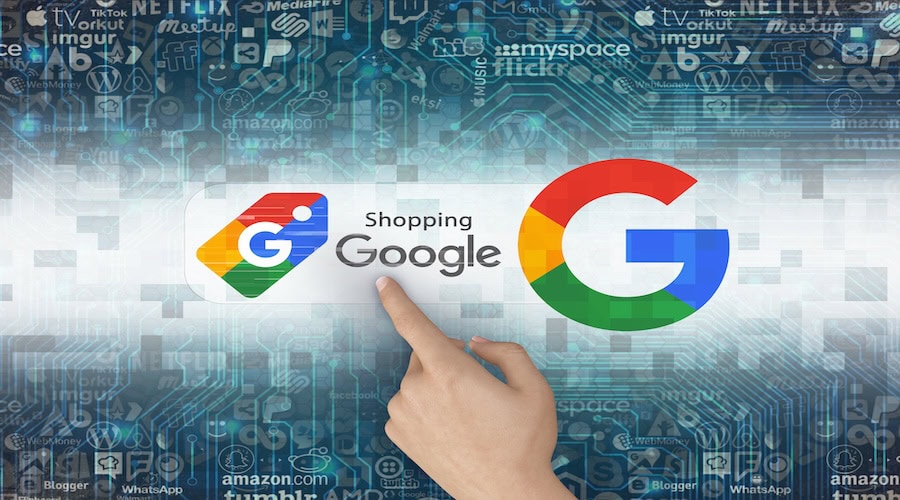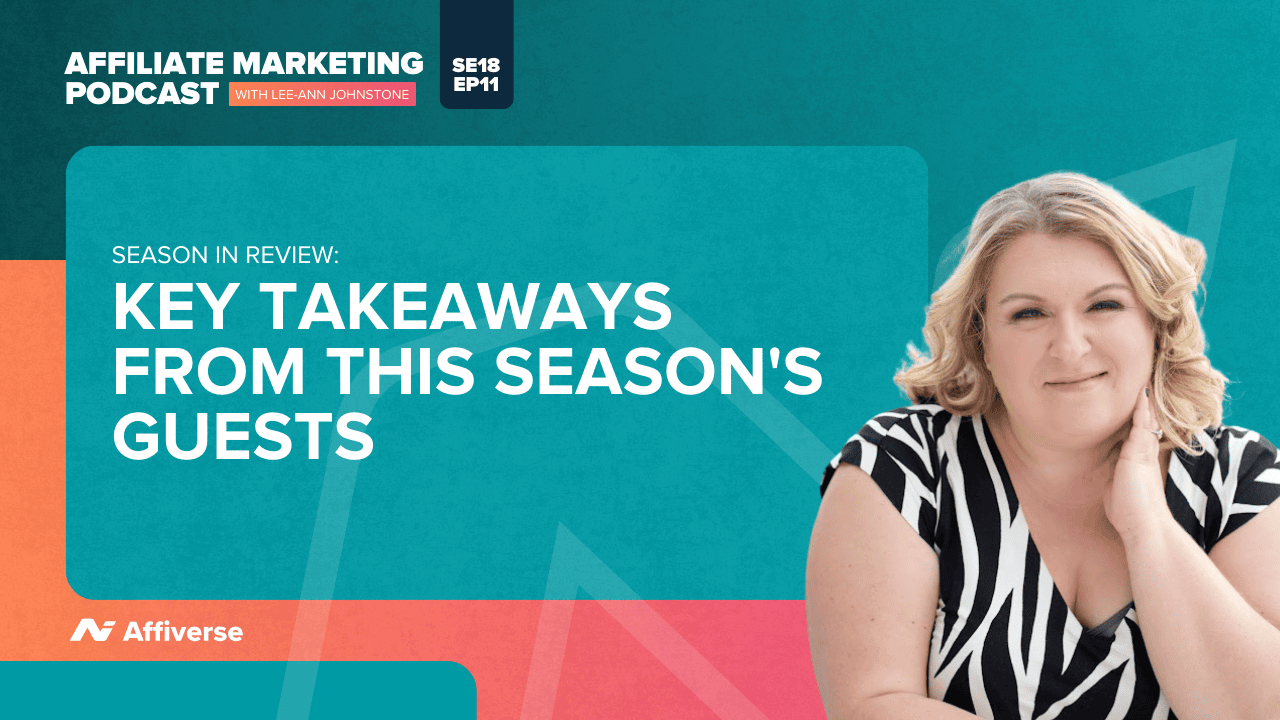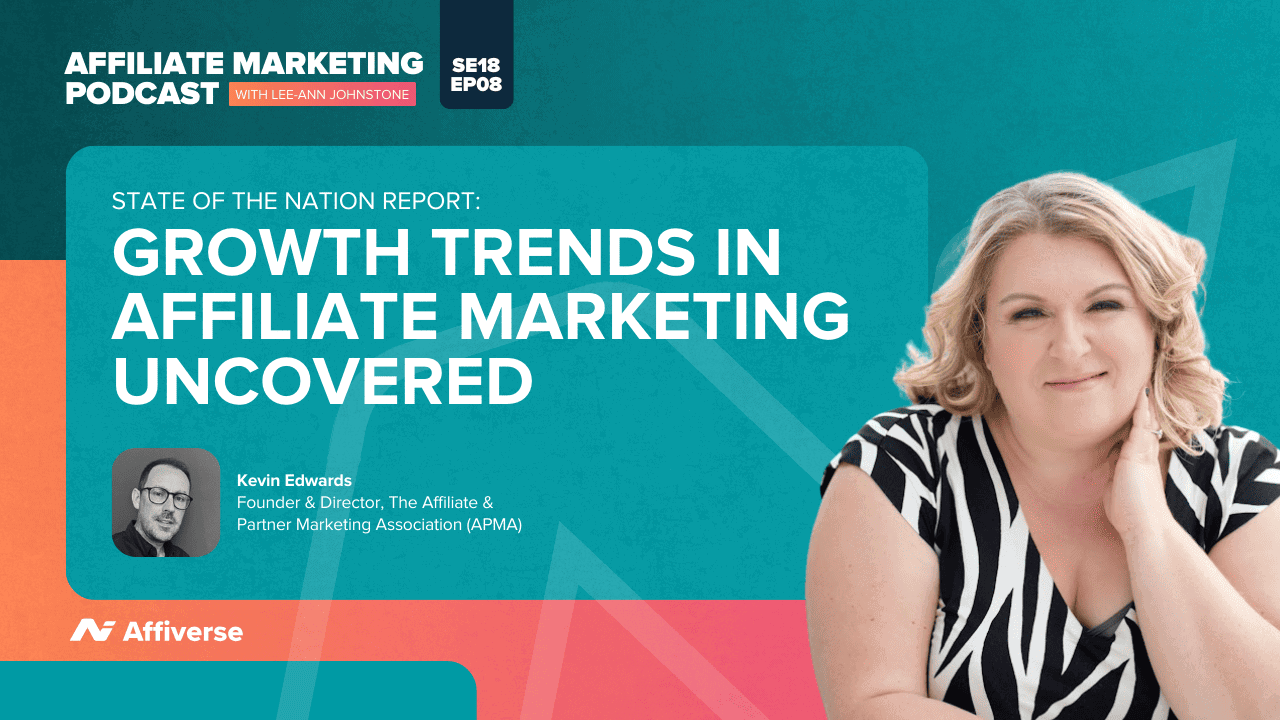Artificial intelligence (AI) is rapidly changing the face of online marketing. From content creation to data analysis, AI tools are enhancing efficiency and driving better results for affiliate businesses. As we move through 2024, the adoption of AI in affiliate marketing is set to accelerate, bringing new opportunities and challenges for SME’s and Affiliates alike.
Rise of AI in Marketing
AI has been making waves in various industries, and affiliate marketing is no exception. According to recent reports, nearly 80% of Google’s advertisers are already using at least one AI-powered search ad product. This widespread adoption of AI does present a consideration as to how this might affect affiliates and agency owners in years to come.
Forbes recently published an in depth look at the impact of AI adoption in the workplace economy detailing some interesting stats on how AI is going to affect the job market in years to come.
One of the primary reasons for the sudden surge in AI adoption is its ability to process and analyze vast amounts of data quickly and accurately. AI algorithms can sift through data to uncover patterns and insights that would be impossible for humans to detect manually. This capability is crucial for making informed marketing decisions and optimizing campaigns in real-time.
Key Applications of AI in Affiliate Marketing
1. Content Creation
AI tools like Gizmo.ai are revolutionising content creation by generating high-quality content at scale. Generative AI, for example, can produce articles, blog posts, and social media content based on specific guidelines and keywords. This not only saves time but also ensures consistency in messaging across different platforms. Affiliates have reported improved performance with AI-generated content despite the recent Google releases. In fact, content created with generative AI has been found to perform better in some cases compared to content created without AI. This improvement is attributed to AI’s ability to tailor content to specific audience segments, enhancing relevance and engagement. The whole premise of creating content that is useful remains a core reason why human direction is still required.
2. Data Analysis and Insights
AI-powered analytics tools are essential for making sense of the vast amounts of data generated by digital marketing activities. These tools can analyze user behavior, track campaign performance, and provide actionable insights. This data-driven approach allows marketers to refine their strategies and achieve better results.
For example, Google Analytics 4 (GA4) has introduced new metrics powered by AI, enabling businesses to track user and session conversion rates more effectively. These enhancements provide affiliates with a deeper understanding of customer journeys and help in optimizing conversion paths across their sites as the insights feature can be asked a myriad of questions to help analyse standard reports and dashboard views.
3. Customer Engagement
AI is also transforming how businesses engage with their customers. Chatbots and virtual assistants, powered by natural language processing (NLP), can handle customer inquiries and provide personalized recommendations 24/7. This continuous engagement improves customer satisfaction and frees up human resources for more complex tasks.
Additionally, AI can help in segmenting audiences and personalizing marketing messages. By analyzing customer data, AI can identify different segments and tailor messages that resonate with each group. This personalised approach increases the likelihood of conversion and fosters long-term customer loyalty enabling a higher touchpoint with customers on engagement.
The Impact of AI on Affiliate Marketing Strategies
The integration of AI into marketing strategies is leading to significant changes in how businesses operate.
Here are some key impacts:
1. Increased Efficiency
AI automates repetitive tasks, allowing marketers to focus on strategic activities. This increased efficiency leads to faster campaign execution and better resource allocation. Whilst your job may not become obsolete in the near future you will be required to acquire new skills and harness AI tools to leverage your performance and ROI across the board.
2. Enhanced Accuracy
AI’s ability to analyze data with high precision reduces the risk of errors in decision-making. Affiliate Manager who don’t have a penchant for data analysis can leverage these tools to overcome weaknesses and can rely on AI-driven insights to make more accurate predictions and optimize their campaigns.
3. Better ROI
By optimizing campaigns and improving targeting, AI helps businesses achieve a higher return on investment (ROI) by improving cost to profit ratio’s especially in terms of resourcing and time saving opportunties. AI-driven marketing strategies are more likely to yield positive results, the impact of this could see us enjoying a downgrade in CPA costs and better lead generation opportunities – making marketing budgets more effective too.
Challenges and Considerations
While the benefits of AI in marketing are clear, there are also challenges to consider. One of the primary concerns is data privacy. With the increasing use of AI, businesses must ensure that they are compliant with data protection regulations. This includes being transparent about data collection practices and obtaining proper consent from users.
Another challenge is the need for human oversight. Despite AI’s capabilities, human expertise is essential for guiding AI applications and making strategic decisions. Marketers must strike a balance between leveraging AI and maintaining a human touch in their interactions with customers.
AI is undoubtedly transforming the digital marketing landscape. Its ability to enhance content creation, data analysis, and customer engagement is driving better outcomes for businesses. As AI continues to evolve, its integration into marketing strategies will become even more critical.
Affiliate Marketers must embrace AI – as mentioned in our recent podcast with Robert Glazer, of Acceleration Partners who shared the same sentiments. By doing so, they can unlock new opportunities and drive sustained growth in the dynamic world of digital marketing.


